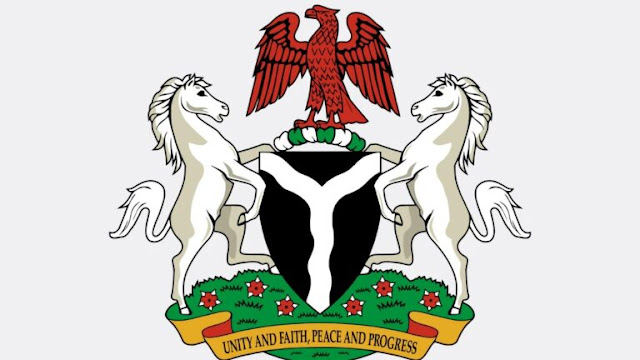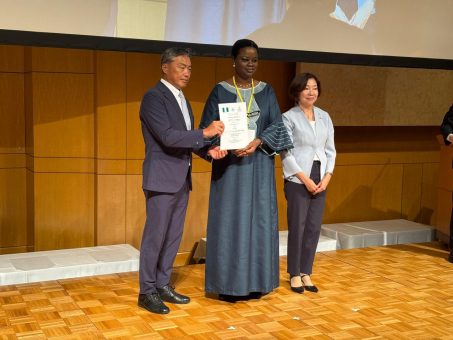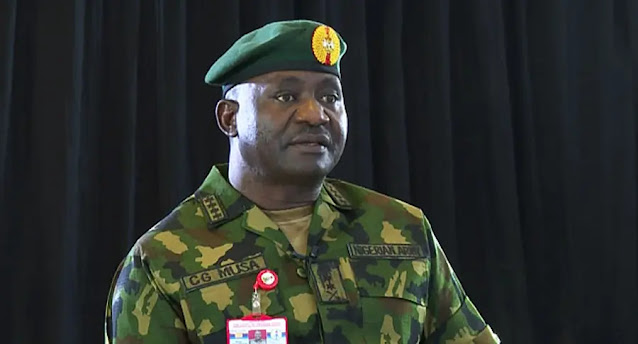The Federal Government, in partnership with the United Nations Development Programme (UNDP), has concluded a four-day nationwide training and certification programme for Refrigeration and Air-Conditioning (RAC) technicians.
The programme, themed “Certification Training on Safe Handling of Natural Refrigerants for RAC Technicians”, ran from August 18 to 21 across four zones — Kano (North-West), Lagos (South-West), Port Harcourt (South-South), and Awka (South-East). A second batch will later cover the North-Central and North-East regions.
This follows a similar training conducted in July for 40 technicians in Abuja at the Government Science and Technical College, Garki.
Speaking at the Kano centre, Mr. Idris Abdullahi, Director of the National Ozone Office, Department of Pollution Control & Environmental Health, Federal Ministry of Environment, said the initiative was designed to strengthen the capacity of technicians to safely manage Ozone-friendly and low-Global Warming Potential (GWP) refrigerants.
“It is essential that only trained and certified technicians handle hydrocarbon refrigerants because of their flammability,” Abdullahi noted, adding that natural refrigerants such as CO₂ (R-744), ammonia (R-717), and propane (R-290) are already replacing synthetic options in critical applications like cold storage and supermarkets.
He explained that the training covered safe handling practices, leak detection, and proper recovery techniques for refrigerants, as part of Nigeria’s Hydrochlorofluorocarbons Phase-out Management Plan (HPMP) under the Montreal Protocol.
In a goodwill message, Dr. Leslie Adogame, Executive Director of Sustainable Research and Action for Environmental Development (SRADeV Nigeria), stressed the pivotal role of technicians in the country’s transition to sustainable cooling technologies.
“Technicians are at the heart of this transformation. Your expertise directly impacts the performance, safety, and environmental outcomes of cooling systems,” Adogame, represented by Mr. Jeremiah Ato, said.
He added that the training also emphasised occupational safety, customer relations, lifecycle refrigerant management, and responsible handling of alternative cooling technologies, in line with the Kigali Amendment’s goal of phasing down high-GWP Hydrofluorocarbons (HFCs).
The training was organised by the Federal Ministry of Environment with support from UNDP, in collaboration with the National Association of Refrigeration and Air-Conditioning Practitioners (NARAP).






